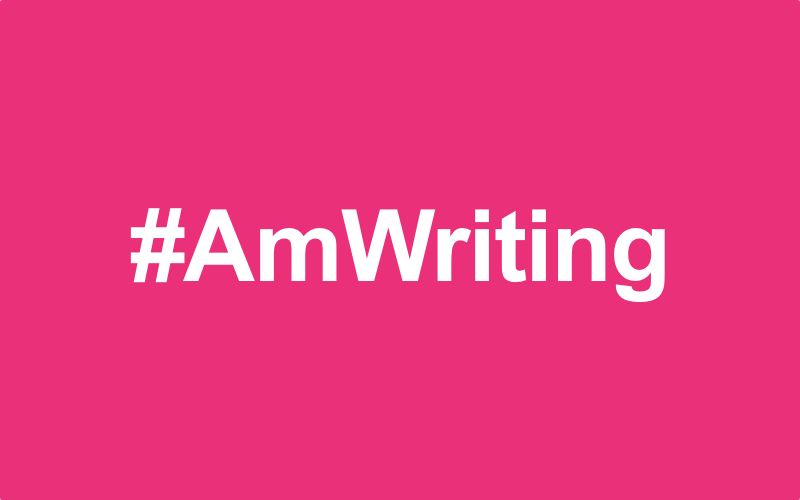“Touch your work every day.” I don’t remember who said that to me, but these are words I’ve tried to live by. Writing is a practice and, as such, it needs constant attention — water every week, fertilizer on occasion. Our writing undergoes constant improvement and evolution. The challenge is finding time to write when everyday life demands so much of you.
I know that my plate is more than full. I run a nonprofit newsroom. I’m developing an online course in storytelling that I’ll start teaching at Arizona State University this spring. I write occasional columns for The Washington Post, train journalists and raise my child, a spirited teenager who teaches me as much as I teach her.
It’s a lot, I know, but I also find time for myself and my personal writing. And that’s the work I endeavor to touch every day.
Some days I can’t write because I’ve got no energy and/or mental space to write. But I still touch my work: I take time as I’m boiling water for my morning pot of coffee or at night, after my child has gone to bed and all is quiet, to reflect on the aspects of my manuscript that I’m working to improve. One is adding layers of texture to certain characters and relationships. For that, I have notes on my iPhone and words, observations and memories scribbled on a notebook. I use these channels as spaces where my ideas flow unimpeded. What I write there doesn’t have to make sense. It only has to be.
Something else I’ve been working through is navigating the balance between staying true to my story without making it sound like I’m out to get people who, along my journey, demeaned, boxed me in or clipped my wings. (If you have any advice on that, I’ll take it.)
You can touch your work every day. There’s time if you make time for it. Writing is personal, so touching your work is making time for yourself.
With love and purpose, always.
Fernanda





Fernanda, revenge on those who have wronged us can be fun if done in a clever way. That is why I dabble in satire.